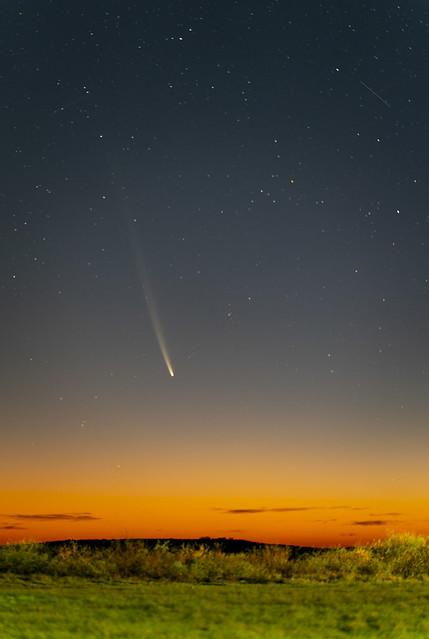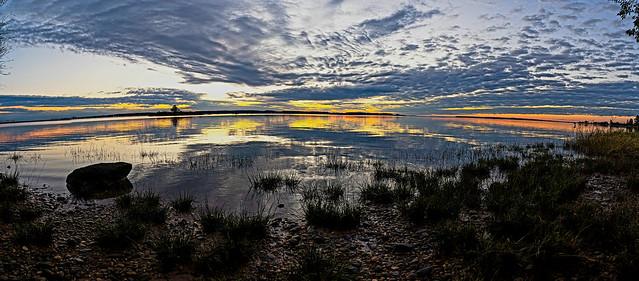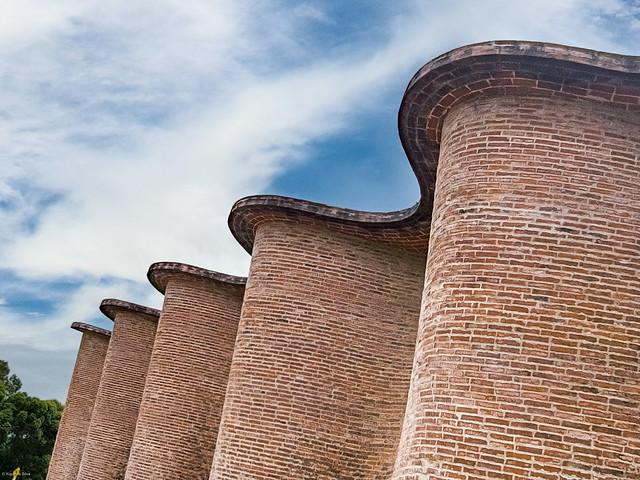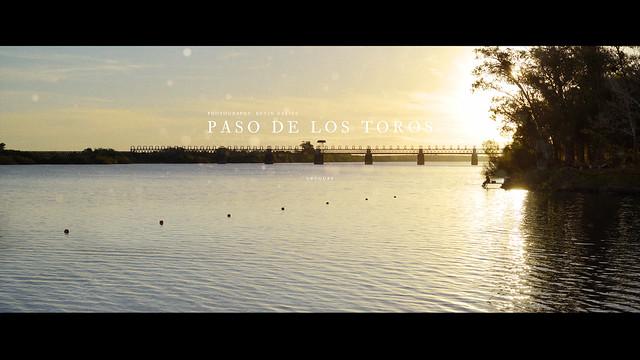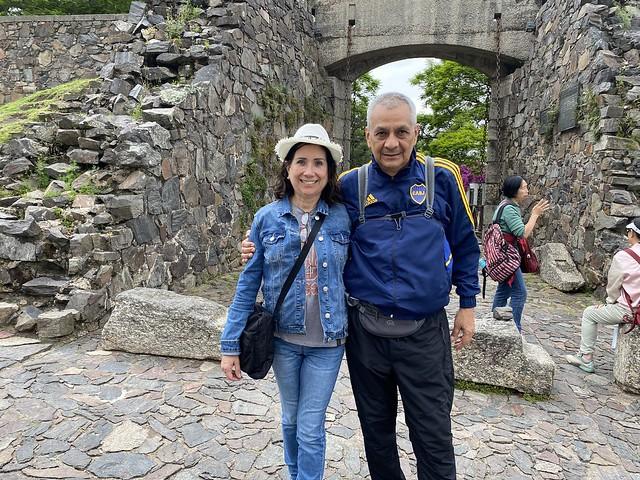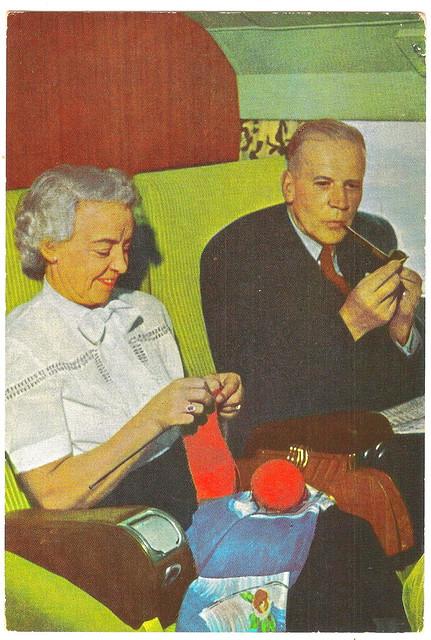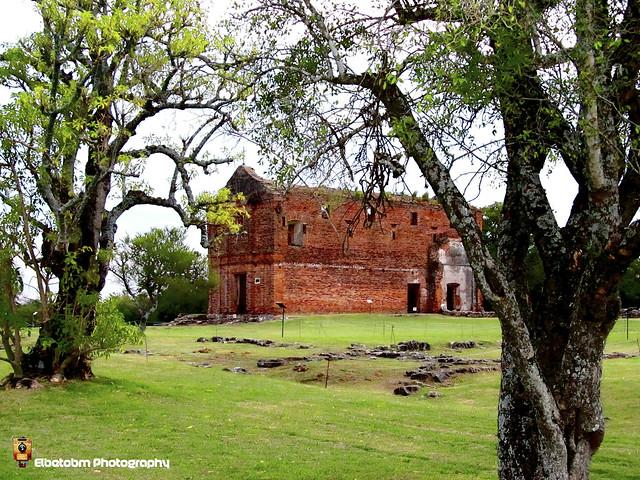Salto
Overview
Overview of Salto, Uruguay
Salto, located in northwestern Uruguay along the banks of the majestic Rio Uruguay, is renowned for its vibrant culture and stunning natural landscapes. As the second-largest city in Uruguay, Salto is well-known for its thermal springs, which are among the most popular attractions. The city boasts a rich history, with a mix of Spanish colonial and modern architecture that adds to its unique charm. The local culture is a lively blend of traditional Uruguayan customs with a strong emphasis on community and festivity. The city's proximity to the river and its pastoral surroundings offer a picturesque backdrop that is distinctly Salto.
Tourism Season and Activities
The high season for tourism in Salto runs from late spring through early autumn (October to April), when the weather is warm and conducive to exploring the outdoors. During this period, temperatures typically range from 15°C to 30°C (59°F to 86°F), making it ideal for tourists to enjoy the city's main attractions. Visitors can explore the famous thermal parks like Termas del Daymán and Termas de Arapey, where hot springs and spa facilities provide a relaxing experience. Outdoor enthusiasts can engage in activities such as fishing, boating on the Rio Uruguay, or exploring nearby citrus orchards. Additionally, the Carnival in late February or early March is a fantastic time to experience local music, dance, and cuisine in a festive atmosphere.
Preparation for Travelers
Before visiting Salto, travelers should prepare by packing appropriately for the season they intend to travel in. Lightweight clothing for the summer months and a good sun hat are essential, along with swimwear for the thermal springs. It’s advisable to bring a good quality camera to capture the scenic beauty and vibrant cultural events. Learning some basic Spanish phrases can greatly enhance the interaction with locals, as English is not widely spoken outside the main tourist areas. Lastly, ensure that travel insurance is arranged to cover any unexpected events, and check if any specific vaccinations are recommended by health authorities prior to traveling.
How It Becomes to This
History not available

You May Like
Explore other interesting states in Uruguay
Discover More Area
Delve into more destinations within this state and uncover hidden gems.


